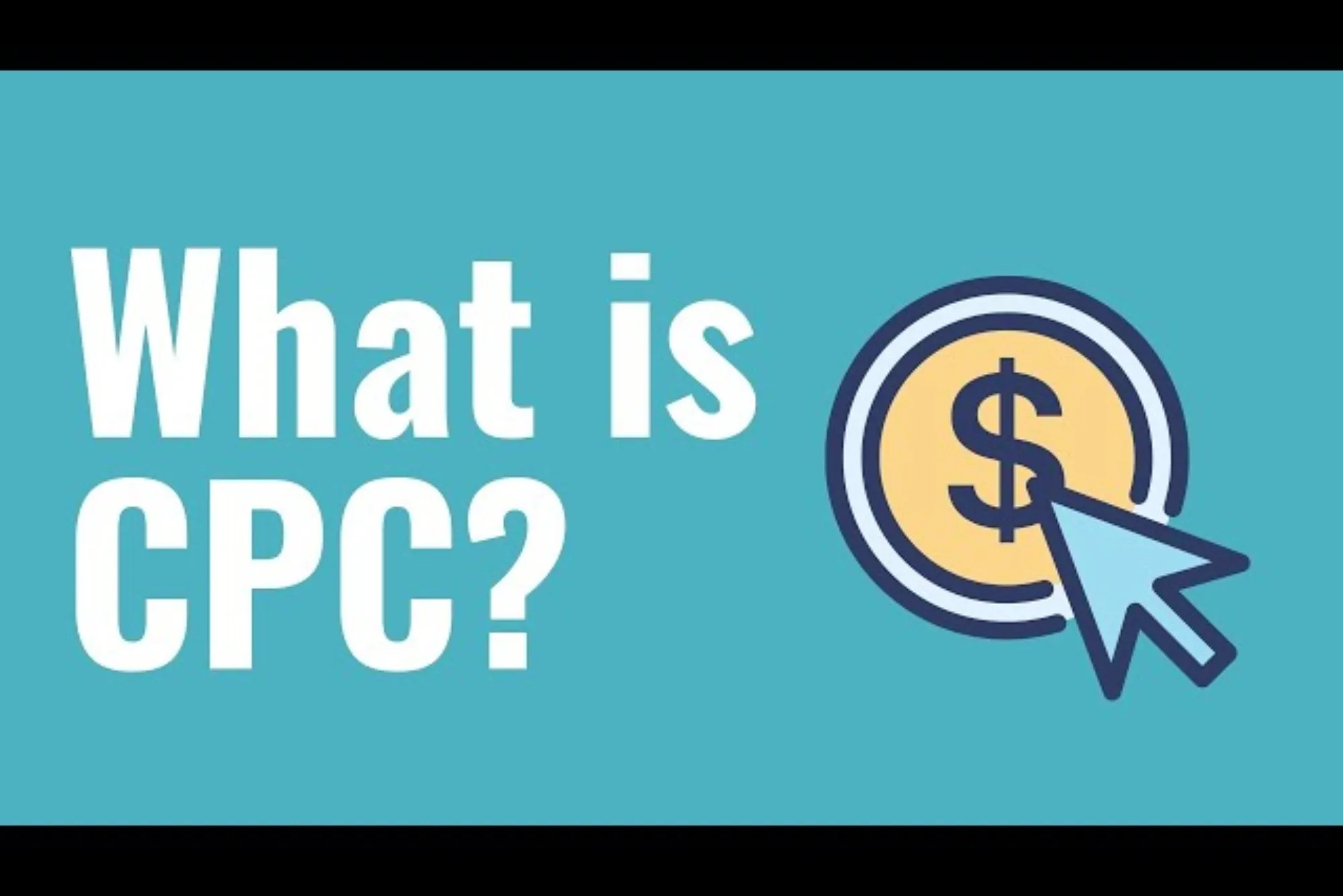What is CPC in Digital Marketing?
In digital marketing, CPC (Cost Per Click) is a critical metric that defines the cost an advertiser pays for each click on their advertisement. It is a cornerstone of paid advertising strategies on platforms like Google Ads and social media networks.
The Basics of CPC
CPC is an essential model in pay-per-click (PPC) advertising where advertisers bid on keywords relevant to their target audience. When a user clicks on the ad, the advertiser is charged a certain amount, which constitutes the CPC. This model ensures that advertisers only pay when their ad generates actual traffic.
How CPC is Calculated
CPC is calculated using the following formula:
CPC=Total Cost of AdsNumber of Clicks
CPC=
Number of Clicks
Total Cost of Ads
This calculation helps advertisers understand the efficiency and cost-effectiveness of their ad campaigns.

Importance of CPC in Digital Marketing
CPC plays a vital role in digital marketing for several reasons:
Budget Management
Advertisers can control their spending by setting a maximum CPC bid. This allows them to stay within budget while aiming for maximum reach and engagement.
Performance Measurement
CPC helps measure the performance of individual keywords and ad campaigns. By analyzing CPC, advertisers can identify which keywords are cost-effective and which are not.
Competitive Analysis
Understanding CPC provides insights into the competitive landscape. High CPC values for certain keywords indicate high competition, while lower CPC values might reveal untapped opportunities.
Factors Affecting CPC
Several factors can influence the cost per click in digital marketing campaigns:
Quality Score
Google Ads, for instance, uses a Quality Score that affects CPC. This score is based on the relevance and quality of the ad, the expected click-through rate (CTR), and the landing page experience. What is CPC in Digital Marketing A higher Quality Score can lead to a lower CPC.
Ad Relevance
Ads that are highly relevant to the keywords and target audience tend to have lower CPCs. Relevance ensures that the ad meets the user’s search intent, resulting in higher engagement.
Bid Amount
The amount an advertiser is willing to bid for a click directly impacts the CPC. Higher bids increase the likelihood of ad placement but also raise the CPC.
Competition
High competition for keywords can drive up CPC. Advertisers must strategically select keywords that balance cost and competitiveness.
Strategies to Optimize CPC
Optimizing CPC involves several strategies to ensure cost-effective and efficient ad campaigns:
Keyword Research
Conduct thorough keyword research to identify relevant and low-cost keywords. Tools like Google Keyword Planner can help find keywords with favorable CPCs.
Improve Quality Score
Enhancing the ad’s relevance, improving the landing page experience, and increasing expected CTR can boost Quality Scores, thereby lowering CPC.
A/B Testing
Run A/B tests on different ad copies, landing pages, and bidding strategies to find the most cost-effective combinations.
Negative Keywords
Use negative keywords to filter out irrelevant traffic, ensuring that your ads are only shown to a qualified audience. This can reduce wasted clicks and lower CPC.
Bid Adjustments
Adjust bids based on performance data. Increase bids for high-performing keywords and decrease bids for underperforming ones to optimize your budget.
CPC vs. Other Pricing Models
Understanding CPC in comparison to other pricing models helps advertisers choose the right strategy:
CPM (Cost Per Mille)
CPM, or cost per thousand impressions, charges advertisers based on the number of times an ad is shown, regardless of clicks. This model is useful for brand awareness campaigns.
CPA (Cost Per Acquisition)
CPA charges advertisers for specific actions, such as a sale or sign-up, rather than clicks. This model is ideal for conversion-focused campaigns.
CPL (Cost Per Lead)
CPL focuses on acquiring leads, charging advertisers for each lead generated through the ad. This model is beneficial for lead generation campaigns.

Benefits of Digital Marketing
Digital marketing offers numerous advantages over traditional marketing methods:
Global Reach
Digital marketing enables businesses to reach a global audience, breaking geographical barriers and expanding their market.
Cost-Effective
Compared to traditional marketing, digital marketing is often more affordable, providing a higher return on investment (ROI).
Targeted Advertising
Digital marketing allows precise targeting based on demographics, interests, and behaviors, ensuring that ads reach the most relevant audience.
Measurable Results
With digital marketing, businesses can track and measure the performance of their campaigns in real-time, allowing for data-driven decision-making and optimization.
Flexibility
Digital marketing offers flexibility with various formats and platforms, enabling businesses to experiment with different strategies and adapt quickly to market changes.
Understanding CPC in digital marketing is crucial for creating effective and budget-friendly ad campaigns. By leveraging CPC data, advertisers can manage their budgets, measure performance, and gain competitive insights. Implementing strategies to optimize CPC can lead to more efficient advertising efforts, ensuring that each click counts toward achieving business goals. As digital marketing continues to evolve, mastering CPC and other pricing models will remain essential for successful online advertising.
Benefits of Digital Marketing
Benefits of Digital marketing provides unparalleled reach and precision. It allows businesses to target specific audiences with tailored messages, resulting in higher engagement and conversions. Its cost-effectiveness, flexibility, and measurable results make it an indispensable tool for modern businesses aiming to compete and thrive in the digital age.
Tawakkal Typing
“Tawakkal Typing” refers to a popular typing service in many communities, often found in bustling marketplaces or small shops. Customers rely on these services for various typing needs, from official documents to personal correspondence. With skilled typists proficient in multiple languages and scripts, Tawakkal Typing offers convenience and accuracy, catering to the diverse needs of its clientele.







